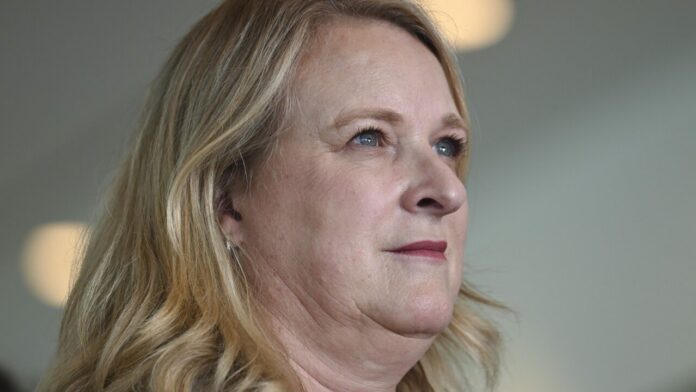Over 700,000 voters will be impacted as federal electorates are reshaped, altering the political landscape for key Sydney seats.
In a sweeping redistricting proposal, the Australian Electoral Commission (AEC) has unveiled plans to abolish the federal seat of North Sydney, currently held by independent Kylea Tink. This major reshuffle will affect more than 700,000 voters, altering the dynamics for independent MPs as well as the Labor and Liberal parties in Sydney.
The proposed changes will expand the neighbouring seat of Warringah, held by independent Zali Steggall, to include areas such as Cremorne and North Sydney. Similarly, the seat of Mackellar, held by independent Sophie Scamps, will stretch southward into regions previously part of Warringah, including Brookvale.
The former Liberal stronghold of Bennelong, now represented by Labor’s Jerome Laxale, will expand eastward to incorporate suburbs from the abolished North Sydney seat, such as Lane Cove. Bradfield, a longstanding Liberal seat held by Paul Fletcher, will also see significant changes, incorporating new areas like Willoughby and Northbridge, potentially reshaping its electoral contest with independent Nicolette Boele.
Under the new plan, Warringah’s borders will extend west from Spofforth Street in Mosman to encompass Cremorne, Neutral Bay, Cammeray, Crows Nest, Kirribilli, Waverton, Wollstonecraft, and the entire North Sydney business district. Bennelong will see one of the most significant expansions, adding Hunters Hill, Lane Cove, Woolwich, Greenwich, Longueville, and parts of Chatswood.
Mackellar will extend its southern border to include Killarney Heights, all of Forestville, and North Curl Curl. Berowra, held by Liberal MP Julian Leeser, will slightly expand to include North Epping and Epping, shifting its eastern boundary to incorporate all of Hornsby, Waitara, and Asquith.
The marginal seat of Parramatta, represented by Labor’s Andrew Charlton, will gain areas such as Girraween to the west and Ermington to the east, along with parts of Epping and Carlingford. The seat of Banks, held by Liberal frontbencher David Coleman, will expand to include Milperra and Punchbowl, potentially benefiting Labor, while also adding waterside suburbs like Carrs Park and Kyle Bay.
Hughes, another Liberal-held seat by Jenny Ware, will expand westward to encompass Ingleburn, Macquarie Fields, and Glenfield, which are currently part of the Labor electorate of Werriwa.
Analysis:
Political: The abolition of the North Sydney seat is a significant political shakeup that could impact the balance of power in Sydney. Independent MP Kylea Tink, who holds the seat, faces uncertainty about her political future. The changes favor the expansion of other key electorates, such as Warringah and Mackellar, both held by “teal” independents Zali Steggall and Sophie Scamps. This redistribution may bolster their influence while posing challenges for the major parties. The Liberal Party, in particular, may face a tougher battle in areas like Bradfield, where the inclusion of new suburbs could sway voter sentiment.
Social: Socially, the redistribution will prompt over 700,000 voters to adjust to new federal electorates, potentially altering their representation in Parliament. Voters in the affected areas might experience changes in their local advocacy and resources. The independent MPs, often seen as voices for community concerns, will need to navigate these shifts to maintain their grassroots support.
Racial: The redistribution does not specifically target racial demographics but may influence communities with diverse populations. Areas like Parramatta and Hughes, which have significant multicultural communities, could see changes in how their needs are addressed at the federal level. The redrawing of boundaries may affect the representation and advocacy for these communities, influencing local political dynamics.
Gender: Gender considerations come into play with the presence of female independents like Kylea Tink, Zali Steggall, and Sophie Scamps. The redistribution may impact their electoral chances and the representation of women in the federal Parliament. The changes could either strengthen their positions by expanding their constituencies or pose new challenges in retaining voter support.
Economical: Economically, the redistricting plan can affect funding allocations and development projects within the newly drawn electorates. The redistribution could lead to shifts in budget priorities and resource distribution, impacting local economies. Areas like North Sydney, which will be absorbed into neighbouring seats, might see changes in economic policies and initiatives driven by their new representatives.
